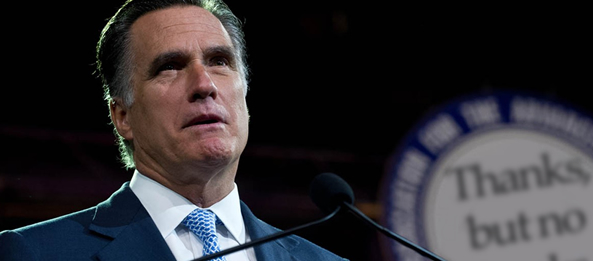Recently, there have been a number of changes within the education establishment. The most prominent one is, obviously, the scrapping of GCSEs in favour of a new system. A lot of people don’t understand exactly what these changes are and what they mean for people. It’s partly because of misunderstanding and partly because of the vitriol that’s being thrown around by politicians at the moment. This article aims to clear all that up, though.

What Does it Mean?
- The removal of modular exams. One exam will be taken at the end of the course, which will last for three hours.
- There will be a tier system within the paper where students can earn more marks by choosing the harder questions.
- Grade boundaries will be much higher so fewer students will be awarded the top grades.
- One exam board to reduce competition.
- Harder questions, such as full essays instead of smaller answers in English exams.
Modular Exams
Take a look at modular exams and you will think that removing them is a good idea. Of course, why should students just get to redo their exams until they get the right mark? Surely that would be something like issuing a referendum until the right answer is given, oh wait! In principle, this is a good idea, but not in the way that they have decided to put it forward.
Little Jimmy is a model student. He hates PE, he gets beaten up by the big kids, yet ultimately he’s on course to run a multi-national company where he will earn more in a week than they earn in a lifetime. Now, little Jimmy has got his exams coming up. The problem is that his mother just died, he’s just recovering from heart surgery, and he’s got a cold. Hard life, eh? Well now he’s going to fail his exams because he’s not up to his normal standard through no fault of his own. That’s unfair.
What needs to happen is that modular exams need to be taken with limits on how many times they can be redone. How about this? Allow every student to take one exam each year. If a student fails their exam in year 10 then they can do it again in year 11. That’s fair. A one-year limit is sufficient enough to eliminate excessive retakes.
Tier System and Boundaries
There are no issues with the tier system change. It gives students control over what they do. It’s merely the combining together of the current tiers into one stronger paper. That’s not making things more difficult and it’s not unfair, that’s called streamlining.
Too many people are being given the top grades and the boundaries are in need of a desperate change. It’s not because the exams are necessarily getting easier, it’s because these quotas that the exam boards have to meet are getting bigger. The government wants a certain number of people to be getting a specific grade every year. Schools are being leaned on. Unsurprisingly, they go to the exam board that gives out the highest grades more often, and then the exam board is more successful. Great change.
A small note on difficulty, I believe that the difficulty moves with the boundaries so it’s all about increasing and decreasing the amount of students getting certain grades. Nothing special about that, it’s been done for years.
One Exam Board
Leading on from my previous point, schools are going to choose the easier exam board. The unpopular exam boards are going to make their exams easier to get more schools to choose from. And thus the cycle continues. It’s, as the papers say, a ‘race to the bottom’. I’ve never understood why there wasn’t one exam board to start with.
Or if you want to have multiple exam boards make them specialise. Allow no competition. AQA can handle History, WJEC can handle English, and Edexcel can handle Maths. What’s hard about that?
Is it Good?
In my opinion it is. It does have its flaws, but I think the main issue is that people fear change. Critics say that some students are going to suffer because of these changes. I would argue back, however, that some students are suffering now. No system can please everybody. Sooner or later you just have to put your foot down and admit that people will suffer. Deal with it.


